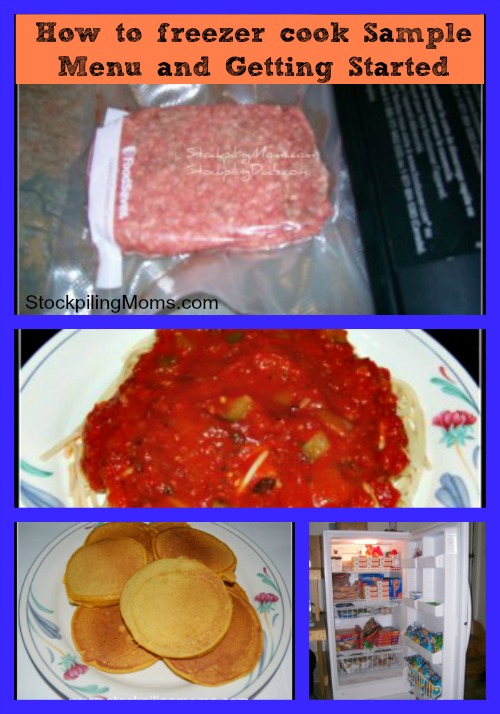Tips for Wasting Less Food
Tips for Wasting Less Food. One way to save money on groceries is to avoid letting anything go to waste. This can be hard to do and like many families, you may find yourself disappointed when you clear out your fridge and find out about that head of lettuce you forgot about, that leftover spaghetti sauce that went to waste and those sauces that went bad before you could use them all up. Here are some tips for avoiding food waste.
Tips for Wasting Less Food
Keep track of what you throw away. This may seem silly or foreign to you, but restaurants analyze their food waste in logbooks. They keep track of what is not being used up in time and what is being tossed in order to know the proper amounts to order. Do something similar at home. If you are finding patterns of food that you throw away, it’s time to start buying less to begin with.
Know what you have on hand. This means keeping your fridge, cupboards and kitchen organized. Go through your kitchen and see what you have on hand before any trips to the store to buy more groceries.
Serve small portions to your family. Let them know that seconds are always available, but by starting with small portions, you are less likely to have much end up getting tossed in the garbage due to picky eaters, and those who’s “eyes are bigger than their stomach”. Plus, smaller amounts are great for teaching your children healthy sizes of portions.
Know what you will be doing with leftovers before they happen. Let’s say you only need a couple of strawberries, but the larger sized tub is the better deal. Plan to freeze the extra for smoothies later.
Don’t buy things you know won’t get eaten. This happens a lot with produce. If your child doesn’t like apples, it does you no good to keep buying them in 5-pound bags in the hopes they suddenly will. This doesn’t mean you should stop offering them but buy one at a time and try it out again every once in a while.
Make sure you are storing food properly. The first place to check is your fridge. Is it set at 41 degrees or below? If it isn’t, not only could you get sick from improper storage, but it could be encouraging mold and decay to happen faster.
Make more frequent, smaller trips to the store. Only buy for a few days at a time. This may seem like a waste of time, but if you are really trying to focus on watching your food waste, it really will help you become more aware and use things up in time. As you get better at using things in a timely fashion, you can start to space trips out more.
Buy local or organic. It is true that buying organic and local will usually result in food not going bad as fast. Local food doesn’t spend days or even weeks on a truck to get to you. Have you ever looked at the “sell by” date on organic or hormone free dairy products and compared them to non-organic ones? You will find they stay good twice as long in most cases. If you don’t use a product quick enough on a regular basis, consider buying it in organic or local form. It may cost more than other products you have been buying, but if you are wasting less, it is costing you less in the long run.
Tips for Freezing Foods:
Recipes that help with wasting food:

Melissa is a football and soccer mom who has been married to her best friend for 24 years. She loves sharing recipes, travel reviews and tips that focus on helping busy families make memories.








Good ideas! Not only is it important to keep your fridge and kitchen organized, but make sure you keep your produce stored in the right place. Learn which items belong on the countertop (or in a cool, dry place) rather than in the fridge. When you can, keep your fruits and veggies somewhere visible and they’re more likely to be eaten as snacks than if they’re hidden away.